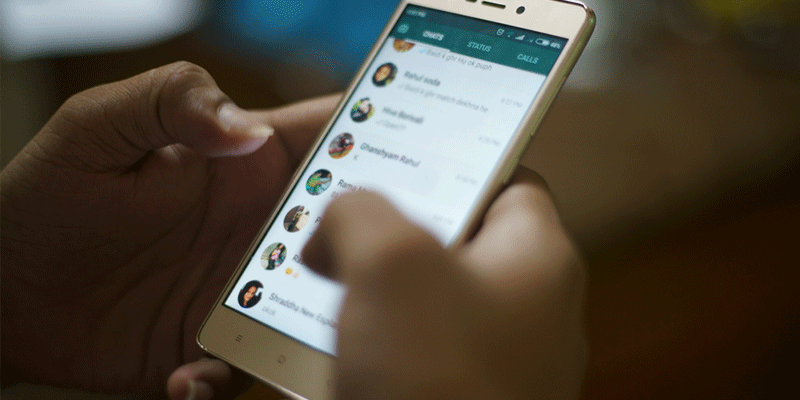Technology
WhatsApp’s group privacy settings are finally here. Here’s how you can use them

WhatAapp has introduced a new privacy feature for the groups you create. The feature helps you decide who can add you to WhatsApp groups.
In its blog, instant messaging platform WhatsApp announced a new privacy feature to its groups. The social messaging platform stated that this new privacy setting and invite system it is introducing will help users decide who can add them to groups.
The blog stated that as people turn to groups for important conversations, users have asked for more control over their experience.
Explaining how it works the blog added:
“To enable it, go to Settings in your app, then tap Account > Privacy > Groups and select one of three options: “Everyone,” “My Contacts,” or “My Contacts Except.” “My Contacts” means only users you have in your address book can add you to groups and “My Contacts Except” provides additional control for who among your contacts can add you to a group.”
The ‘My Contacts Except’ option replaced the ‘Nobody’ option in the initial rollout after user feedback. The ‘My Contacts Except’ option allows users to exclude specific contacts or select ‘all’. This update is rolling out to users around the world on the latest version of WhatsApp.
In these cases, an admin who cannot add a user to a group will be prompted to send a private invite through an individual chat, giving the user the choice of joining the group. The user has three days to accept the invite before it expires. Then, the admin who can’t add you to a group will be prompted to send a private invite through an individual chat, giving you the choice of joining the group. You’ll have three days to accept the invite before it expires.
The idea of these features is to provide users more control over the group messages they receive. The privacy settings will roll out to some users starting today and will be available worldwide in the latest version of WhatsApp.
Currently, WhatsApp has been working to ensure privacy and security to all its users. According to a PTI report in September WhatsApp had informed the Indian government that 121 Indian users were targeted by the Israeli spyware Pegasus, but the IT ministry has contended that the information received from the messaging app earlier was inadequate and incomplete.
WhatsApp stated that it has now responded to the government’s query from last week seeking an explanation on the Pegasus spyware incident that allegedly snooped on journalists and human rights activists across the world, including in India.
-

 Health5 days ago
Health5 days agoSoaked vs. Raw Almonds: The Healthier Choice for Weight Loss & Wellness
-

 Health4 days ago
Health4 days agoMorning Walk or Evening Run: Which Is Better for Heart Health?
-

 Money4 days ago
Money4 days agoPost Office PPF Calculator: How Much Will You Get by Investing Rs 1,000, 5,000, and 10,000 Monthly for 15 Years?
-

 Cryptocurrency4 days ago
Cryptocurrency4 days agoTop AI Agent Coins to Watch in 2025: The Future of AI-Powered Cryptocurrencies
-

 Money3 days ago
Money3 days agoDividend Yield Funds: Why Should You Invest in Them? Key Advantages Explained
-

 Health2 days ago
Health2 days ago5 Health Benefits of Drinking Soaked Jeera Water
-

 Technology2 days ago
Technology2 days ago10 Best AI Tools for Content Creation in 2024
-

 Technology2 days ago
Technology2 days ago10 Best AI Tools for Video Editing in 2025: Transform Your Editing Workflow with AI








